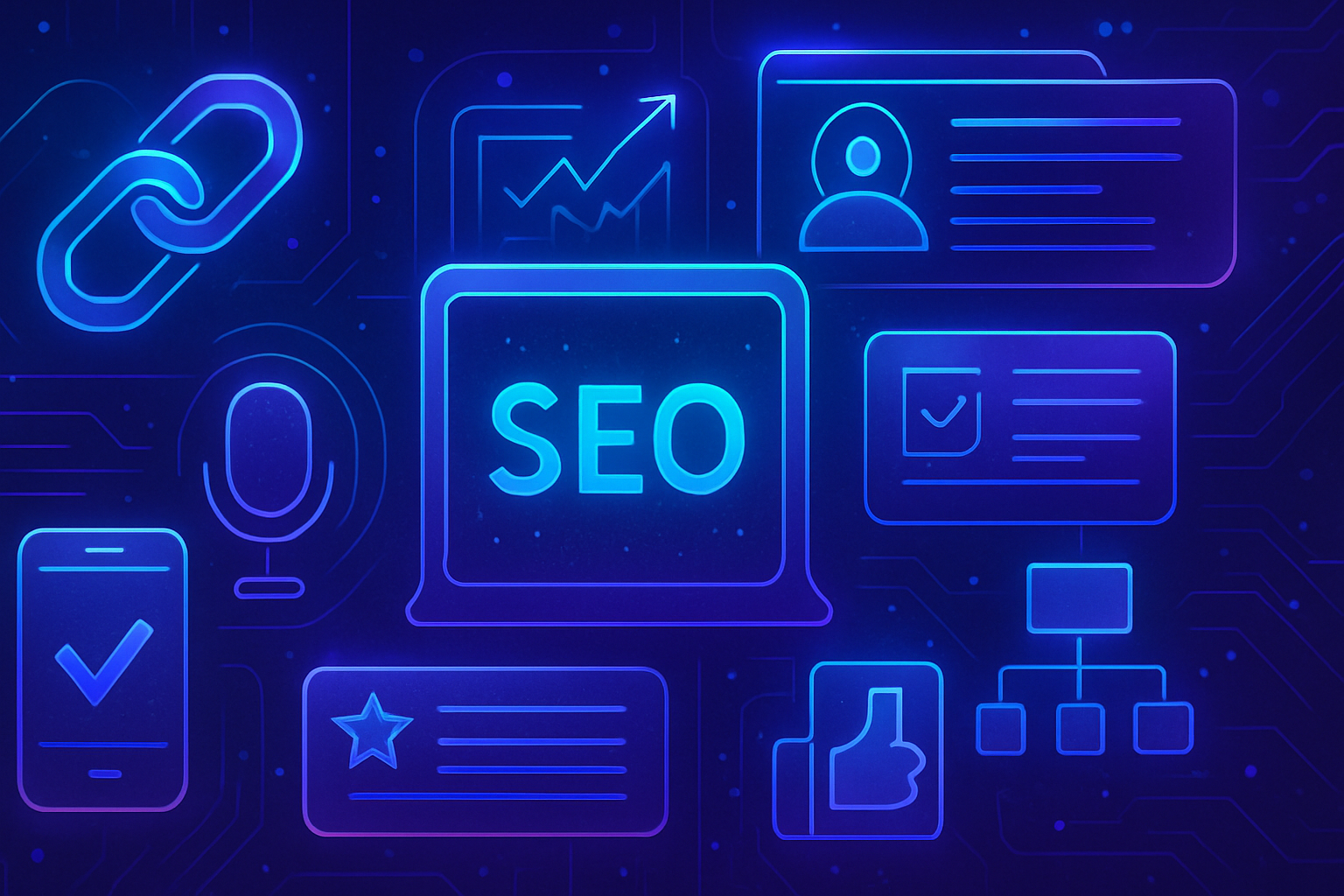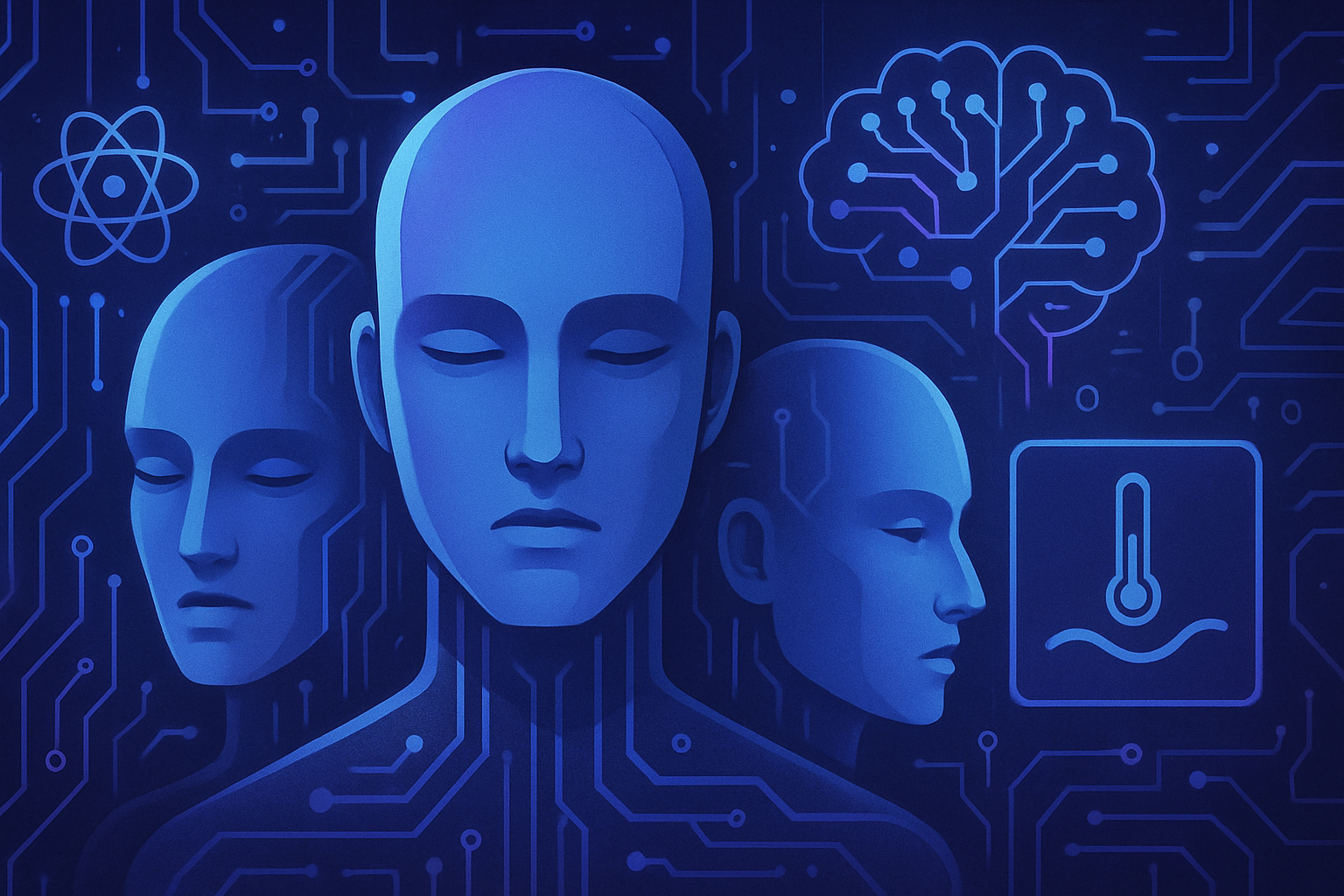A pharmacological revolution is taking shape with Google. The tech giant plans to initiate human clinical trials for treatments developed using artificial intelligence. This bold initiative could redefine the way medications are designed and tested.
The potential impact on public health raises high expectations and ethical questions. Combining algorithms and biotechnology could fundamentally alter the current medical landscape.
Google’s Human Clinical Trials
Google is preparing to launch human clinical trials for medications designed by its artificial intelligence. This initiative represents a significant advancement in the field of personalized medicine and could transform the conventional approach to pharmaceutical development. By integrating AI algorithms in treatment creation, Google anticipates increased efficacy and a faster development of new drugs.
Artificial Intelligence Technology in Healthcare
Artificial intelligence stands out for its ability to analyze vast datasets to identify potential compounds. This process, based on complex models, optimizes drug discovery, allowing access to previously unattainable results. With this method, Google aims to identify specific treatments for hard-to-treat diseases.
Collaboration with Research Institutions
For these clinical trials, Google is partnering with several renowned research institutions. This collaboration aims to ensure the scientific rigor of the studies. The involved partners will bring their clinical expertise, enabling a thorough evaluation of the drugs developed by Google’s AI.
Implications for the Future of Medical Treatments
The launch of these trials could redefine the pharmaceutical landscape. If results prove conclusive, medications designed using artificial intelligence could become the norm in the healthcare sector. The speed of execution and the resulting cost savings represent enticing opportunities for pharmaceutical companies.
Challenges to Overcome
Despite the promises offered by AI, challenges remain. The regulation of AI-derived treatments requires adaptations to ensure patient safety. Health authorities will need to establish clear protocols to integrate these new methods within existing legislation.
Comparison with Other Initiatives
Several health players have similar initiatives emerging. For example, research on AI-based treatments is taking place in various laboratories, as highlighted by advancements in prostate cancer and NHS-recommended treatments that can halve the risk of death in certain patients. These parallels underscore the growing interest in innovation within the medical field.
Conclusion on Potential Impact
Google’s advancements in human clinical trials could revolutionize medical practice. The integration of artificial intelligence in pharmaceutical development opens promising perspectives. The possibility of creating more effective and tailored treatments is now within reach, representing hope for millions of patients worldwide.
Frequently Asked Questions
What are human clinical trials for medications designed by artificial intelligence?
Human clinical trials for medications designed by artificial intelligence are studies aimed at testing the efficacy and safety of treatments developed through artificial intelligence algorithms. These trials typically occur in several phases to assess different aspects of the medication.
Why is Google engaging in clinical trials for its AI-based medications?
Google is engaging in clinical trials to validate its medications designed by artificial intelligence by obtaining reliable scientific data. This will help prove their efficacy and safety before potential commercialization.
What is the typical duration of a clinical trial for a medication designed by artificial intelligence?
The duration of a clinical trial can vary significantly, but generally, it lasts from several months to several years depending on the trial’s phase and the complexity of the tested medication.
What types of medications is Google developing using artificial intelligence?
Google is developing a variety of medications, including those targeting complex diseases like cancer or neurological disorders. These medications are designed to target specific mechanisms identified by artificial intelligence models.
What are the advantages of medications designed by artificial intelligence compared to traditional methods?
The advantages include faster identification of therapeutic targets, increased optimization of compounds, and personalization of treatments, leading to more effective and better-tolerated therapies for patients.
How are participants in clinical trials selected?
Participants are typically recruited based on specific criteria related to their health status, age, medical history, and other factors that could influence the trial’s outcomes.
Are there risks involved for participants in clinical trials?
Yes, as with any clinical trial, there are potential risks for participants, including unforeseen side effects. Researchers take measures to minimize these risks and closely monitor participant safety throughout the study.
How are the results of clinical trials published?
The results of clinical trials are typically published in scientific journals after rigorous data analysis. Results may also be presented at scientific conferences to inform the medical community.
Does Google plan to collaborate with other organizations for its clinical trials?
Yes, Google may collaborate with universities, hospitals, and other pharmaceutical companies to leverage their expertise and accelerate the development process of AI-based medications.
How can one find information about participating in Google’s clinical trials?
Information about clinical trials can be found on websites dedicated to clinical research, where details about participation, eligibility criteria, and contacts are often provided.






